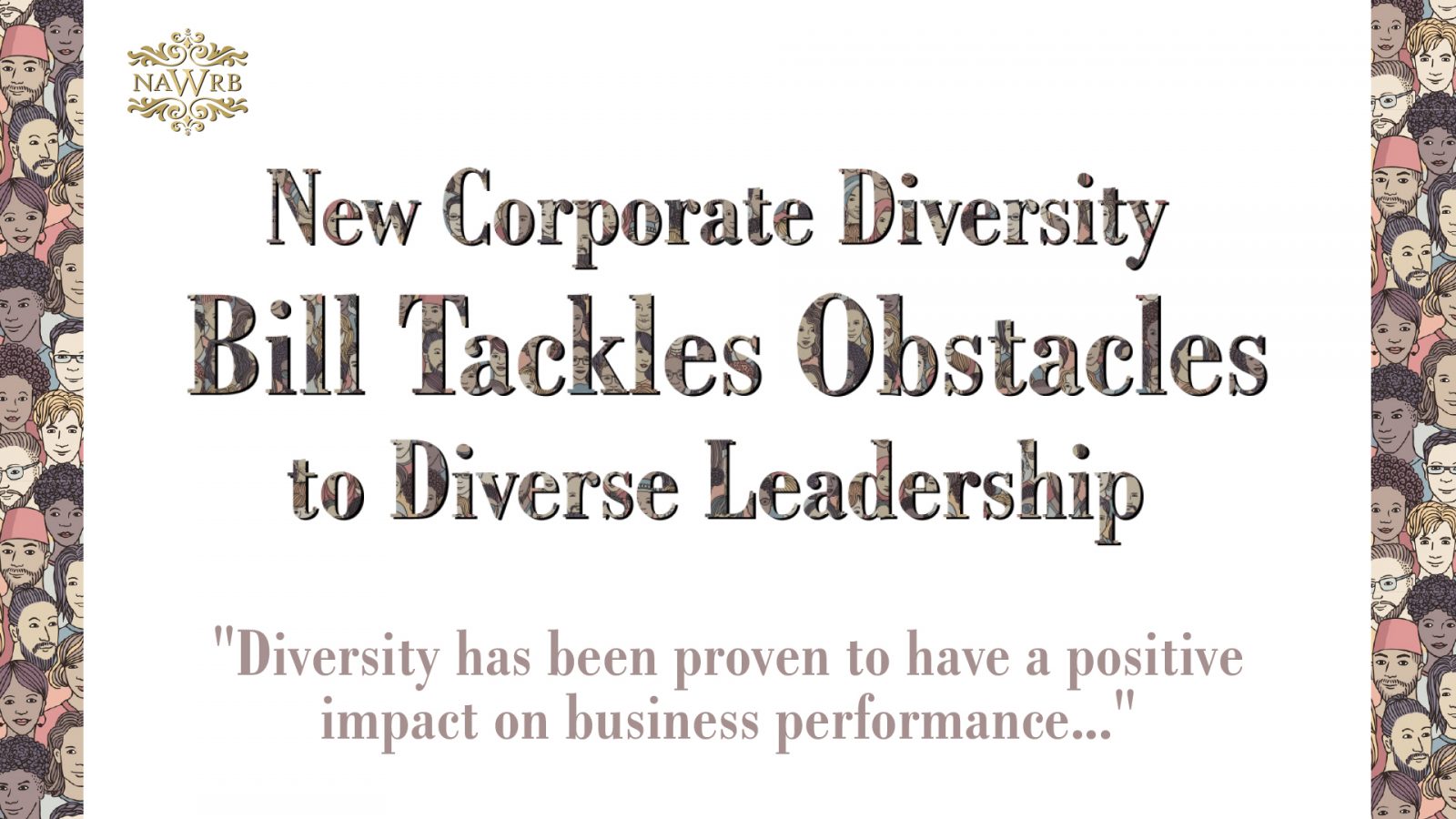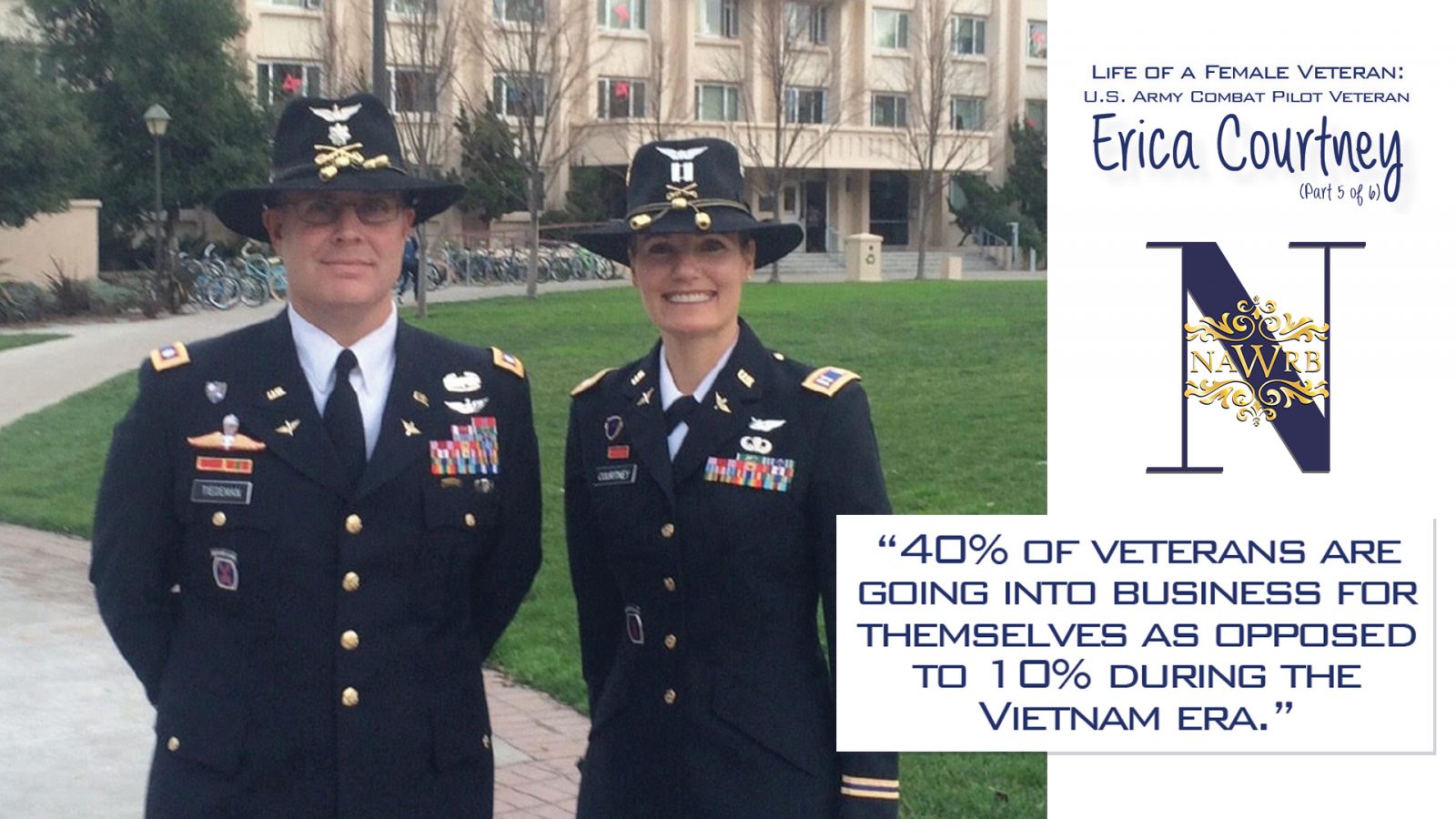In February, Representative Gregory W. Meeks (D-N.Y.) introduced the H.R. 1018 – Improving Corporate Governance Through Diversity Act of 2019, which will require public companies to disclose the gender, race, ethnicity and veteran status of their board directors, nominees and senior executive officers, as a way to track the progress of diverse representation in the corporate sphere.
“Diversity has been proven to have a positive impact on business performance, and it is only natural for investors to want to know which companies are choosing to bring in a wealth of different perspectives into their corporate board rooms,” Representative Meeks said in an official statement. “Revealing the gender, racial, ethnic, and veteran makeup of these corporate C-suites and boardrooms will not only shed light on the value of diversity, but hopefully encourage corporate shareholders to increase diversity in the highest ranks of their corporations.”

 Login
Login


















